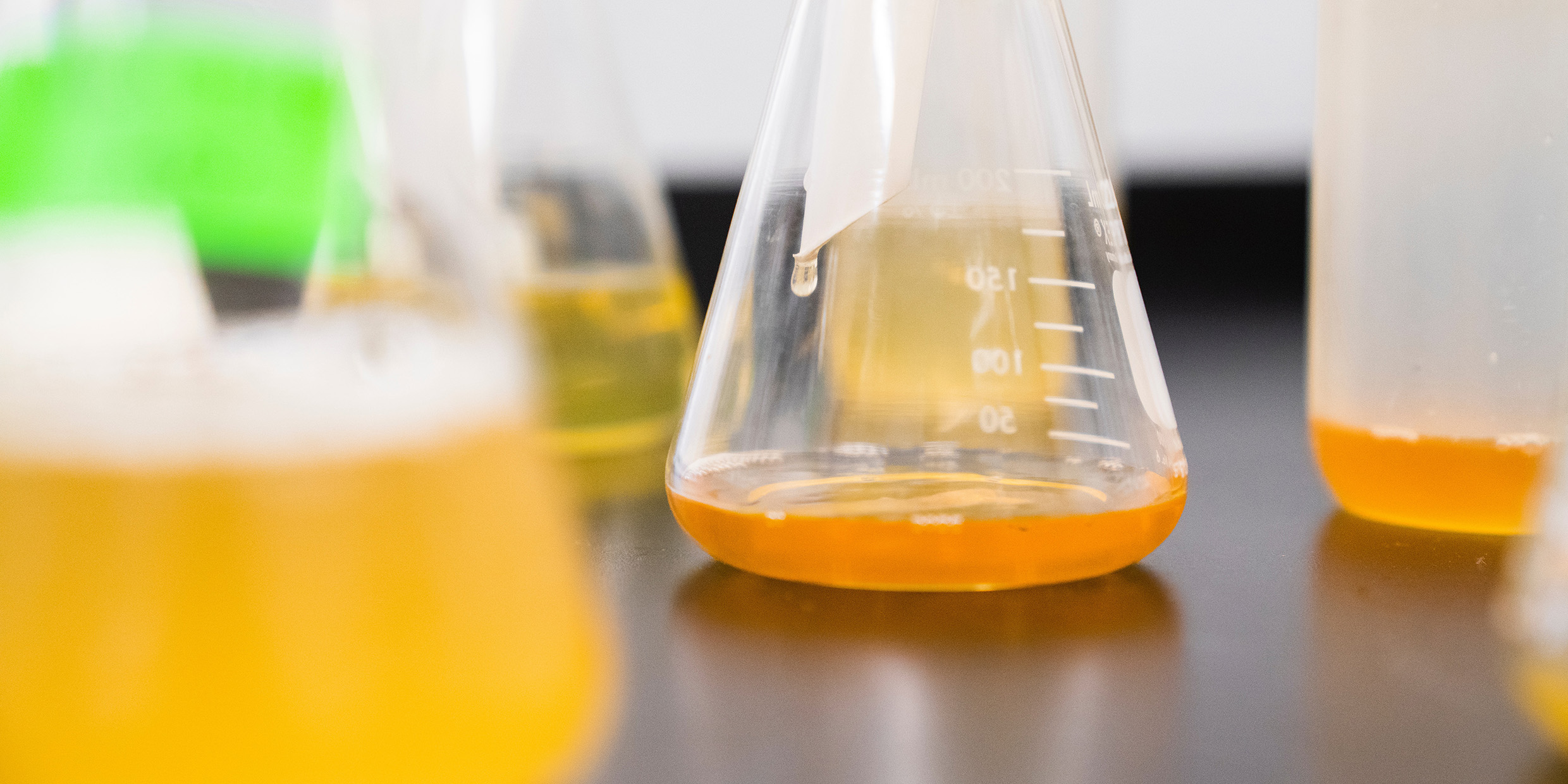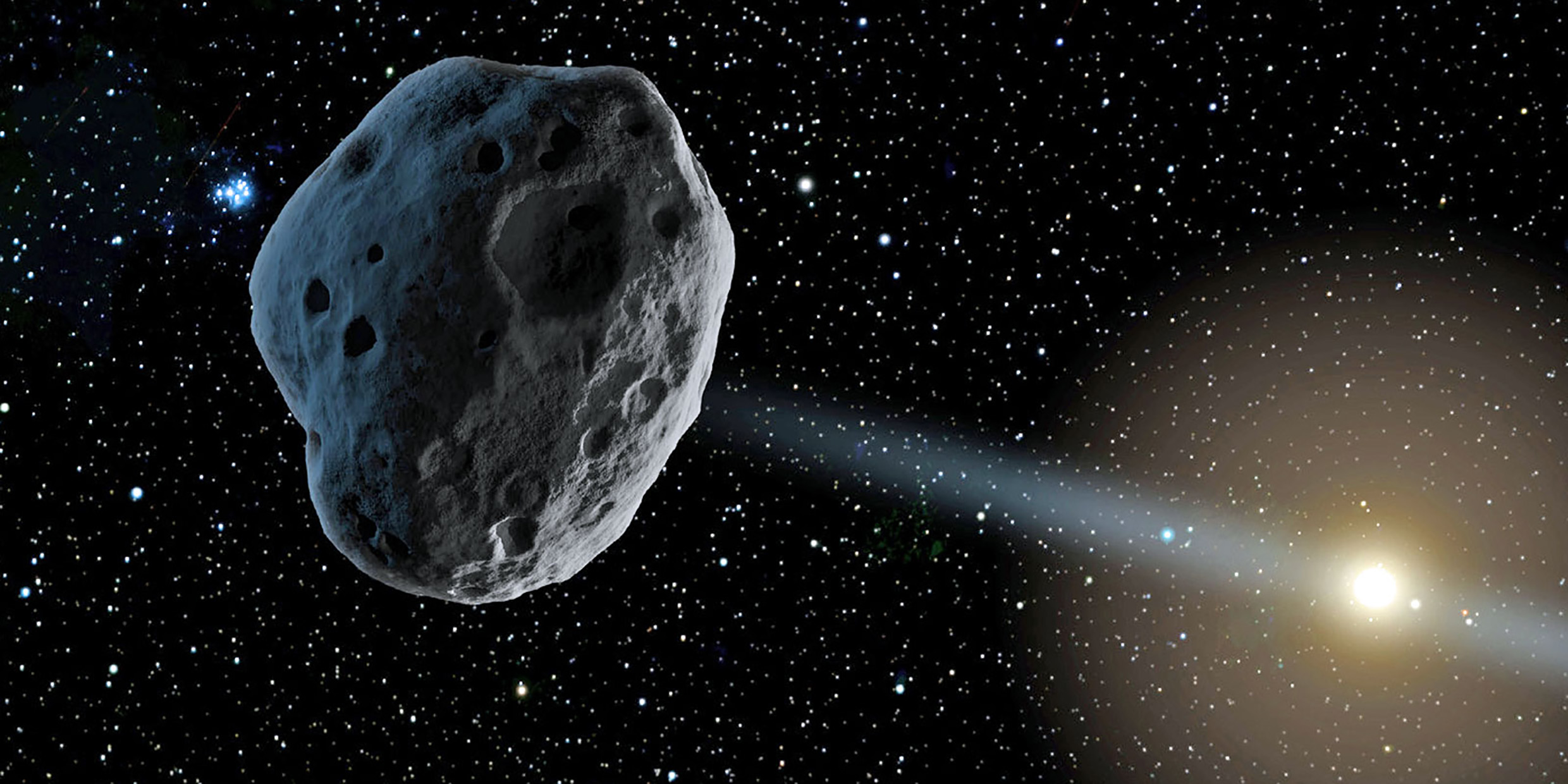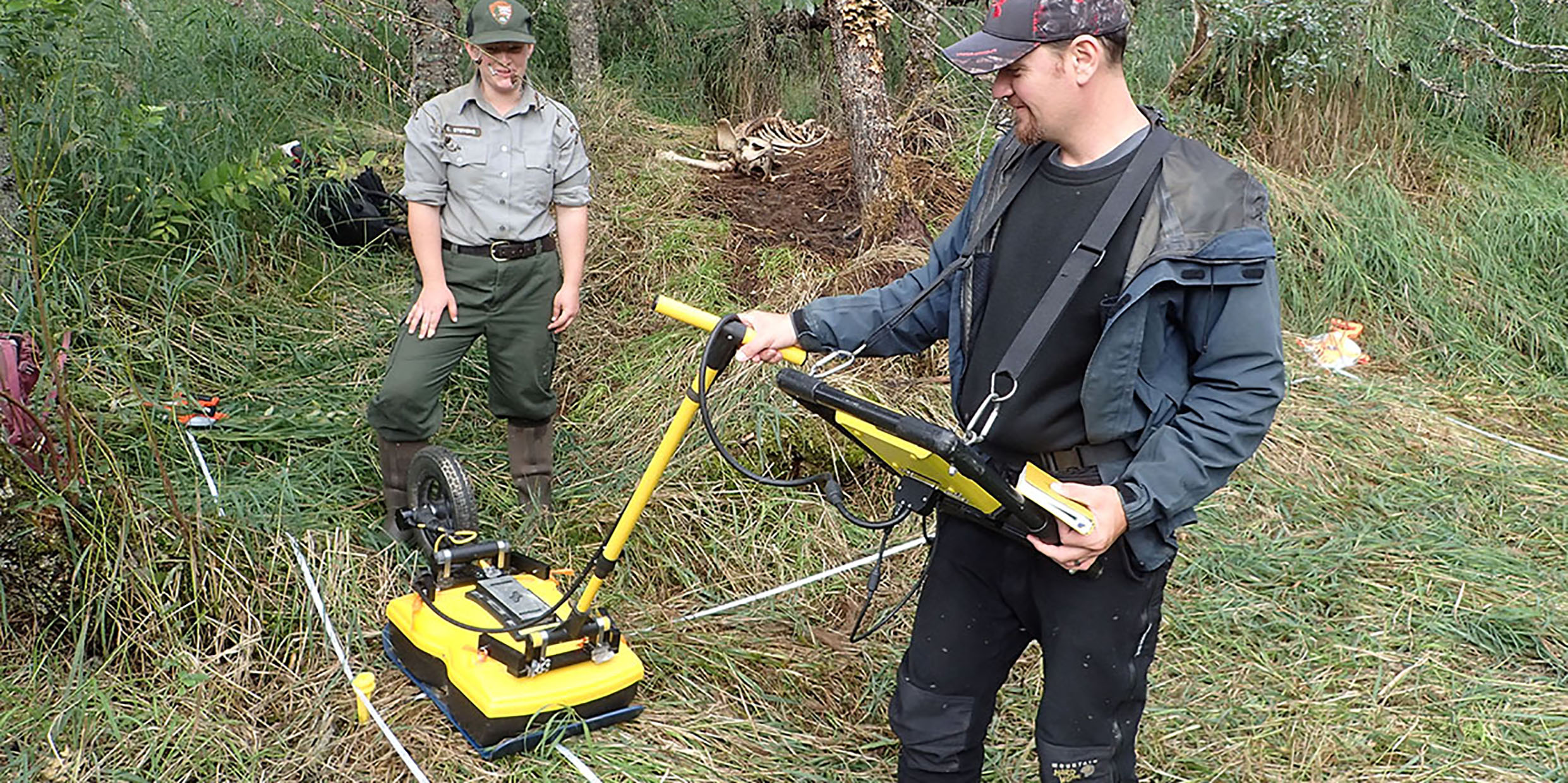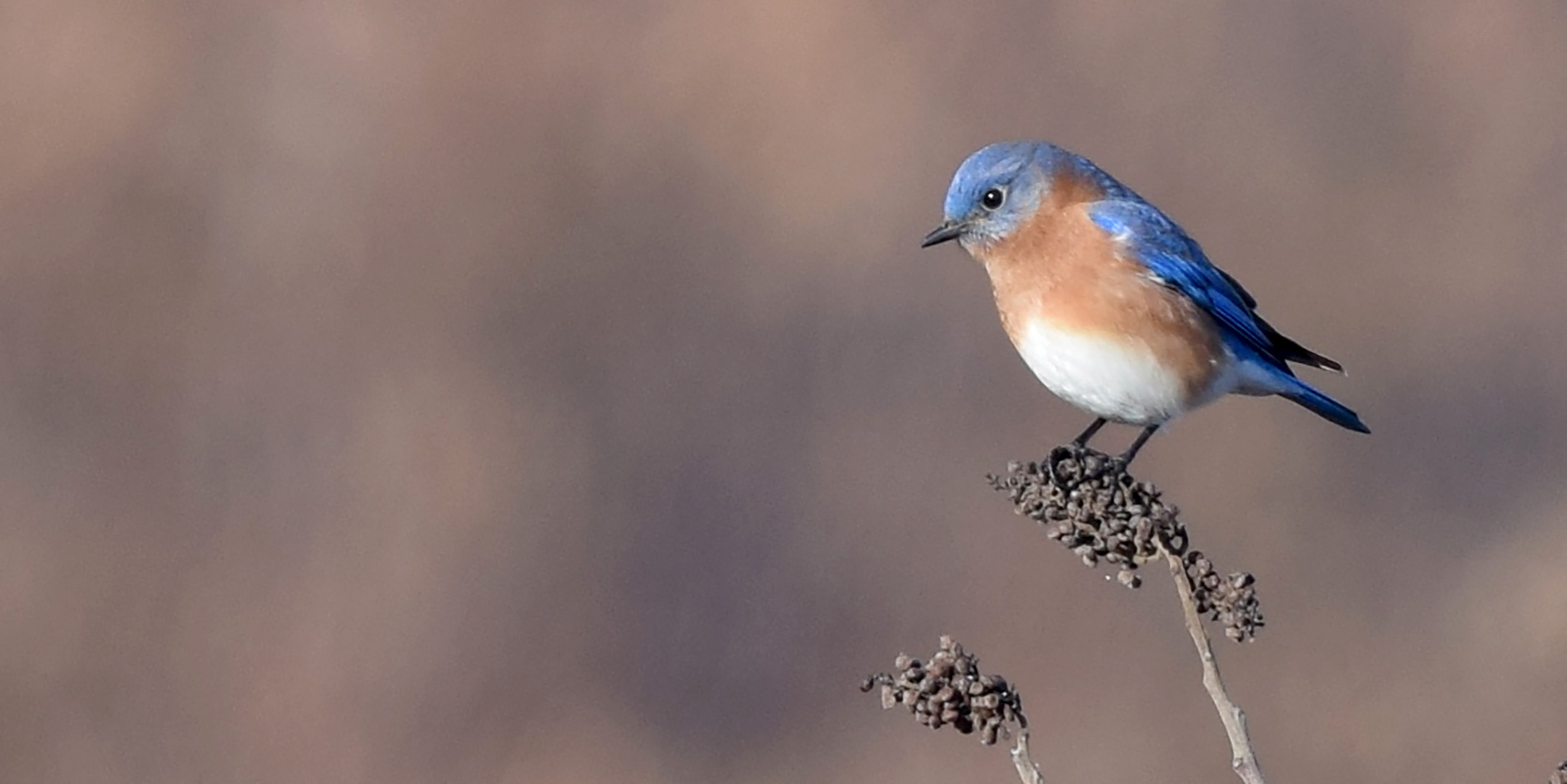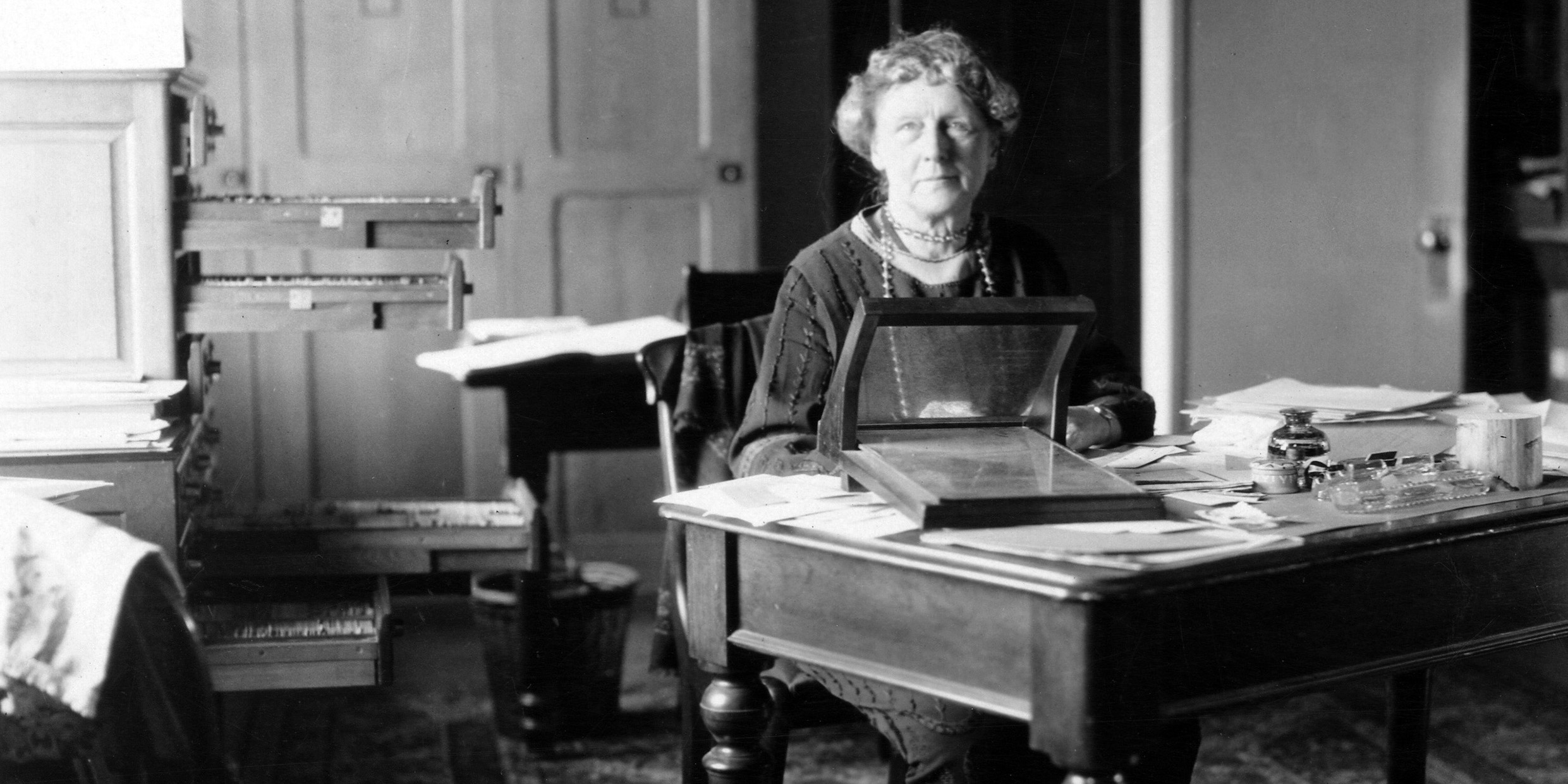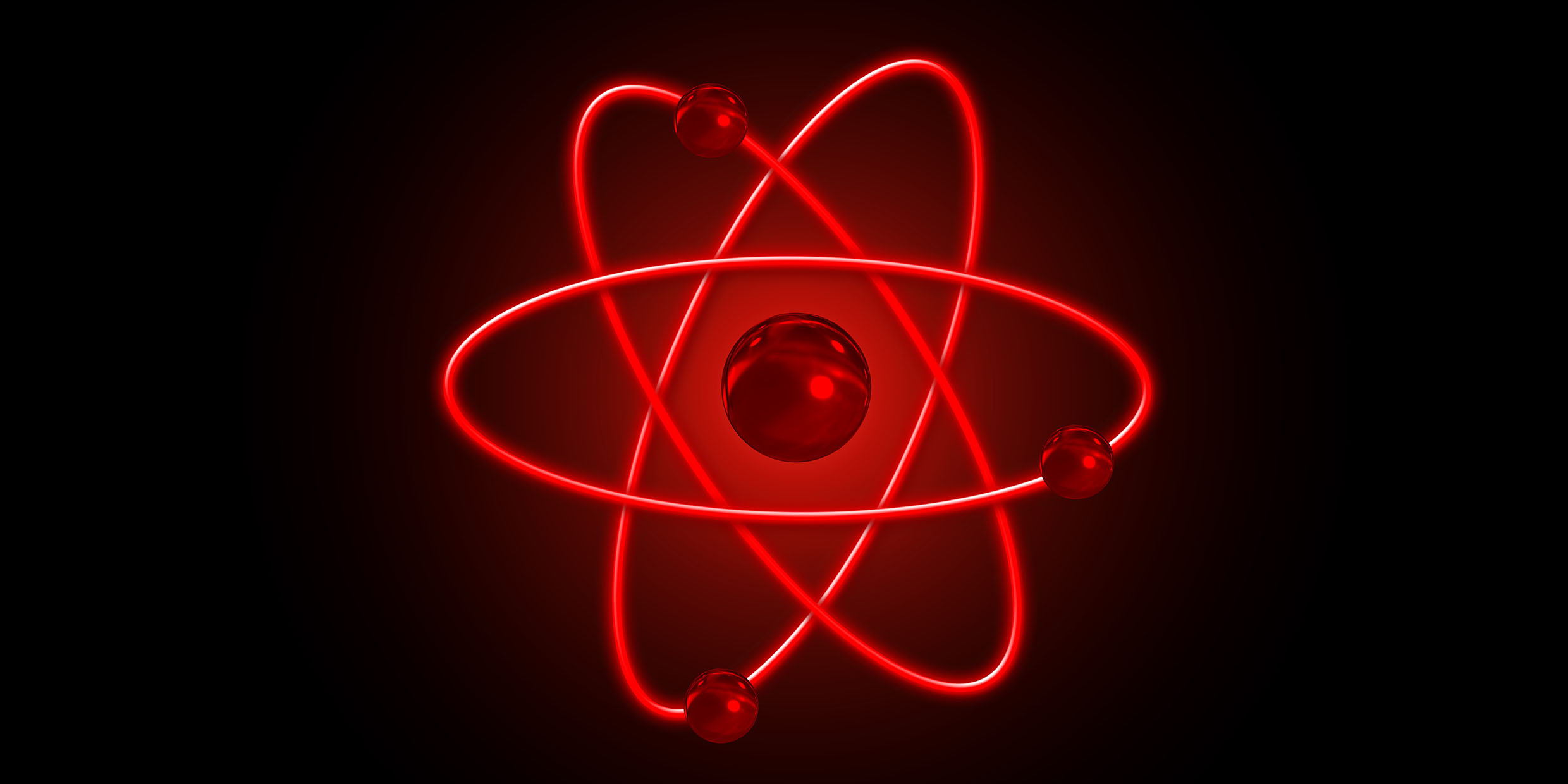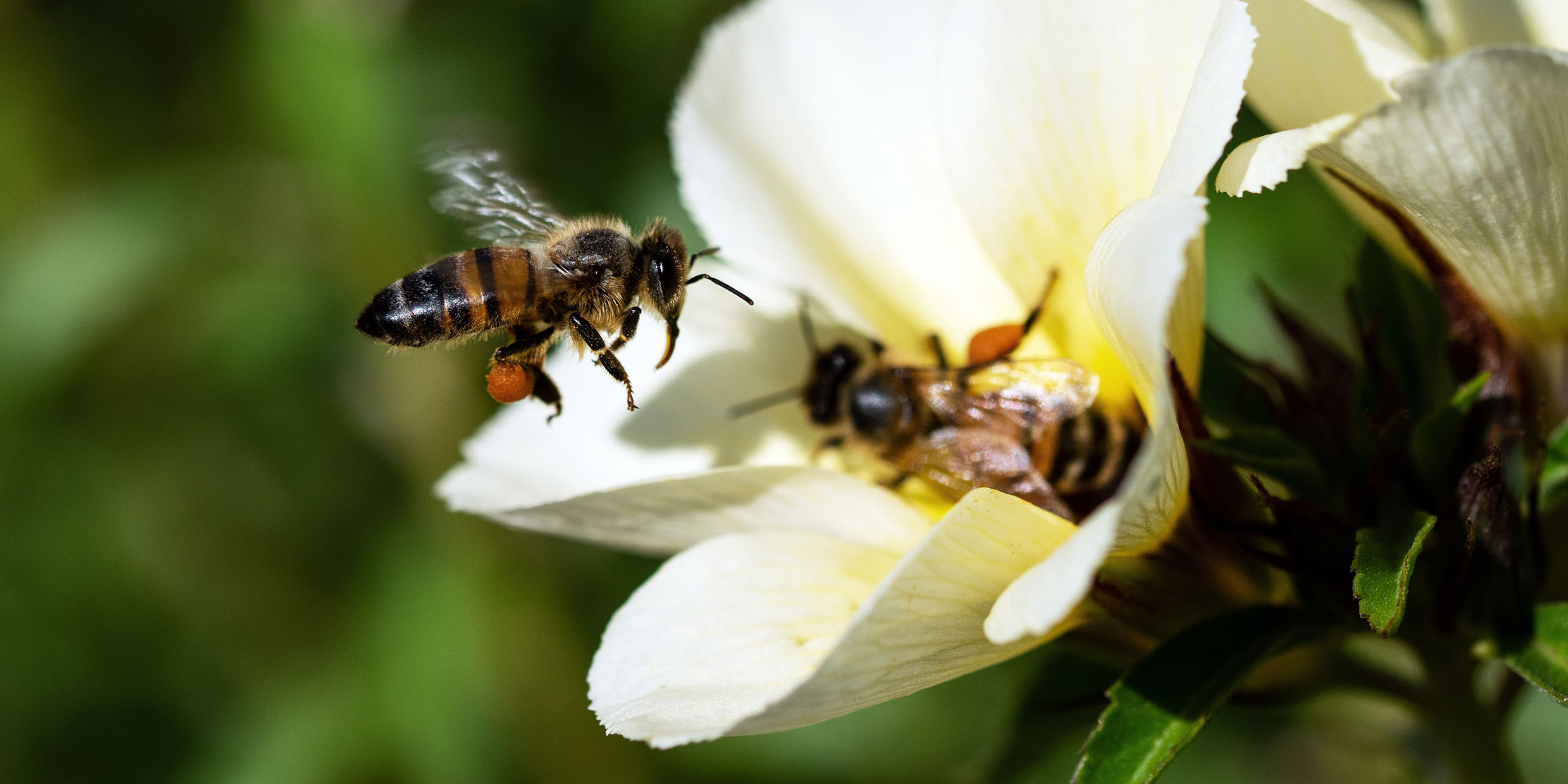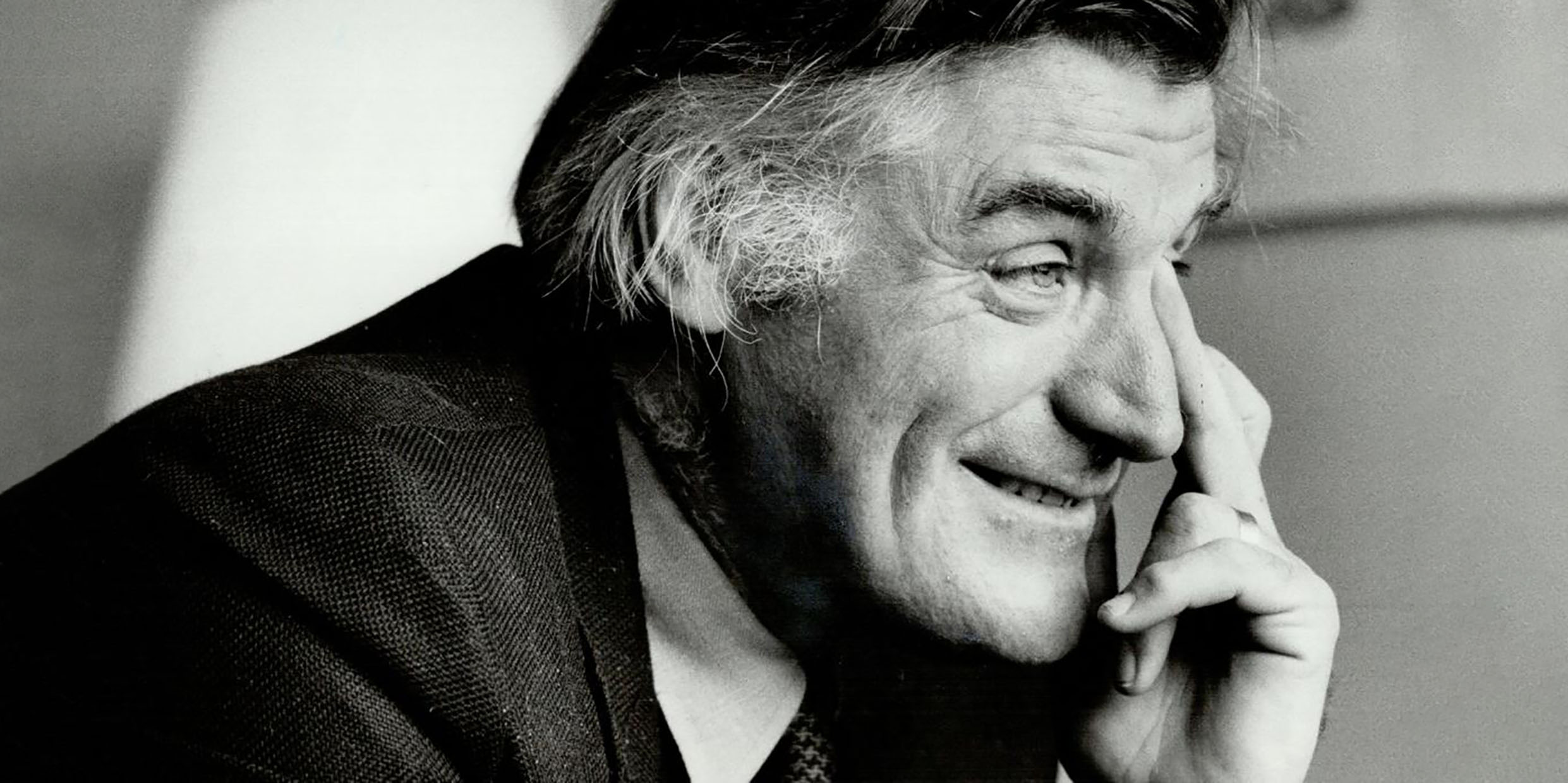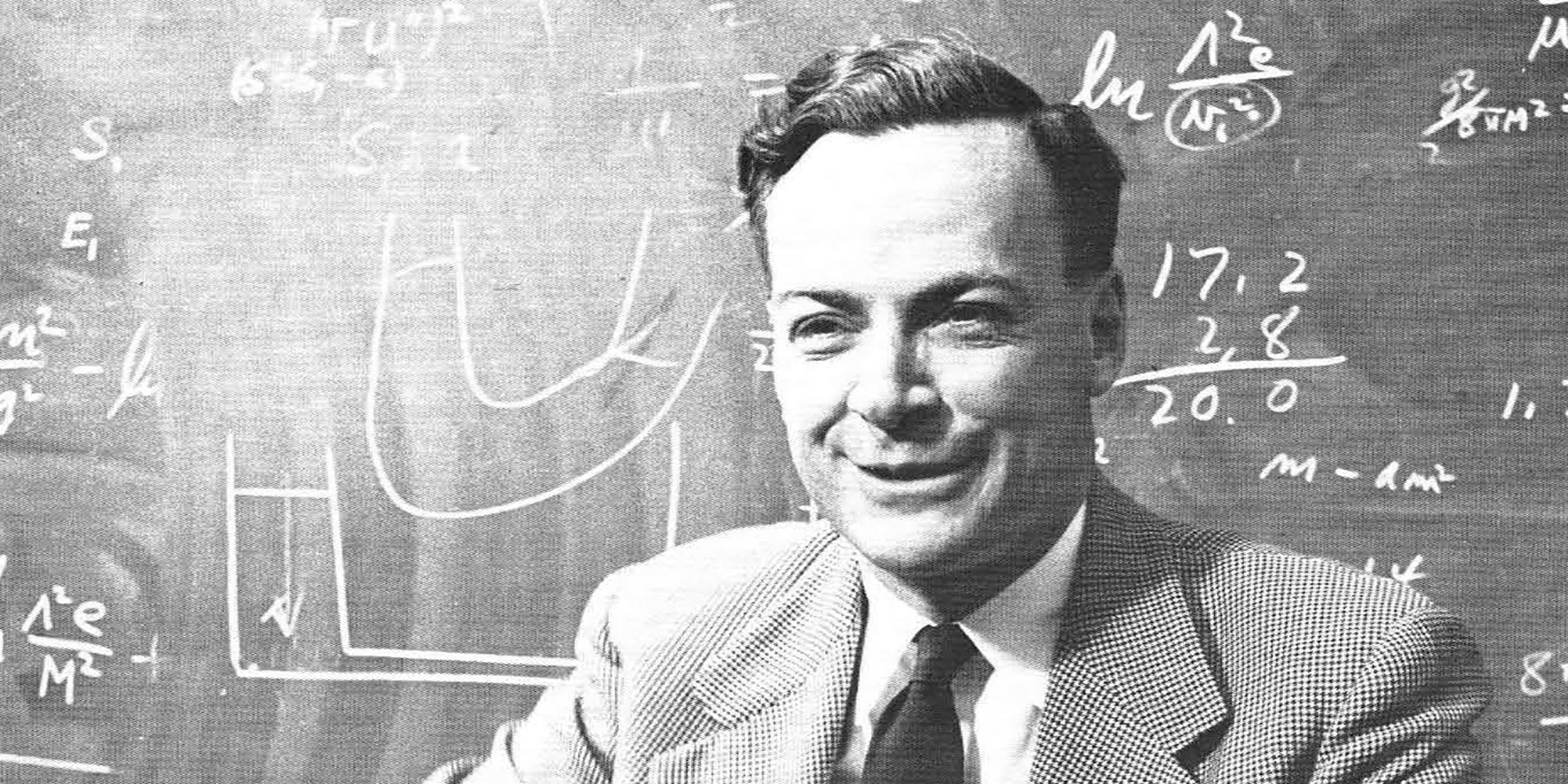There is more at stake in the cold fusion story than the discovery of a cheap, safe source of unlimited energy. There is also a chance for chemists to have their day in the sun at the physicists’ expense.
Articles from March 2020
Too close for comfort
Antoine de Saint-Exupéry’s Little Prince lived on a world so small he could watch a dozen sunsets in a single evening just by moving his chair westward around the circumference of his tiny planet. His planet had a few weeds and three volcanoes, two active, one extinct; the Little Prince kept the active volcanoes unviolent by periodic cleaning with a Q‑tip sort of swab.
Picks to computers
If there was an award for the handsomest scientific periodical, it would surely go to the American Journal of Archaeology (AJA), a big, thick, white-covered quarterly, printed on glossy paper and full of crisp photographs and drawings. The century-old journal has a fusty dignity, like the venerable artifacts it describes.
Bluebirds back home
If you are looking for the bluebird of happiness, it helps to have neighbors with meadows, hedgerows, fruit trees, organic gardens, and nesting boxes designed especially for bluebirds.
Tale of two women
In 1934, the noted astronomer Annie Jump Cannon returned to her alma mater, Wellesley College, to speak to her 50th class reunion.
Radishes and science
All over New England spades are turning earth. It’s that time of year to ask the perennial question: Is gardening a science or an art?
Is anything forever?
In this day when everything seems to break down the day after the warranty expires, it would be nice to know that something lasts forever. Unfortunately, science seems determined to remove the last vestiges of permanence from the universe.
Ah, those Victorians
In the days before television replaced nature in the lives of children, parents told their offspring about the birds and the bees. Or so it is said.
Science and metaphor
Reaching for a book on a high shelf. Down falls “Season Songs” by poet Ted Hughes, attracting attention to itself by delivering a lump on the head. I sit on the floor and read again these nature poems written 20 years ago by Britain’s poet-laureate.
Feynman’s magic
The February [1989] issue of Physics Today has been lying around unread for weeks. It is a special commemorative issue on Richard Feynman, the Nobel prize-winning theoretical physicist who died in 1988 at age 70. I was in no hurry to read it. I saved it until I had the time and inclination for a real bout of nostalgia.
